Is Android innovation getting slower? iOS catches up and Android 14 needs to show Google cares
This article may contain personal views and opinion from the author.
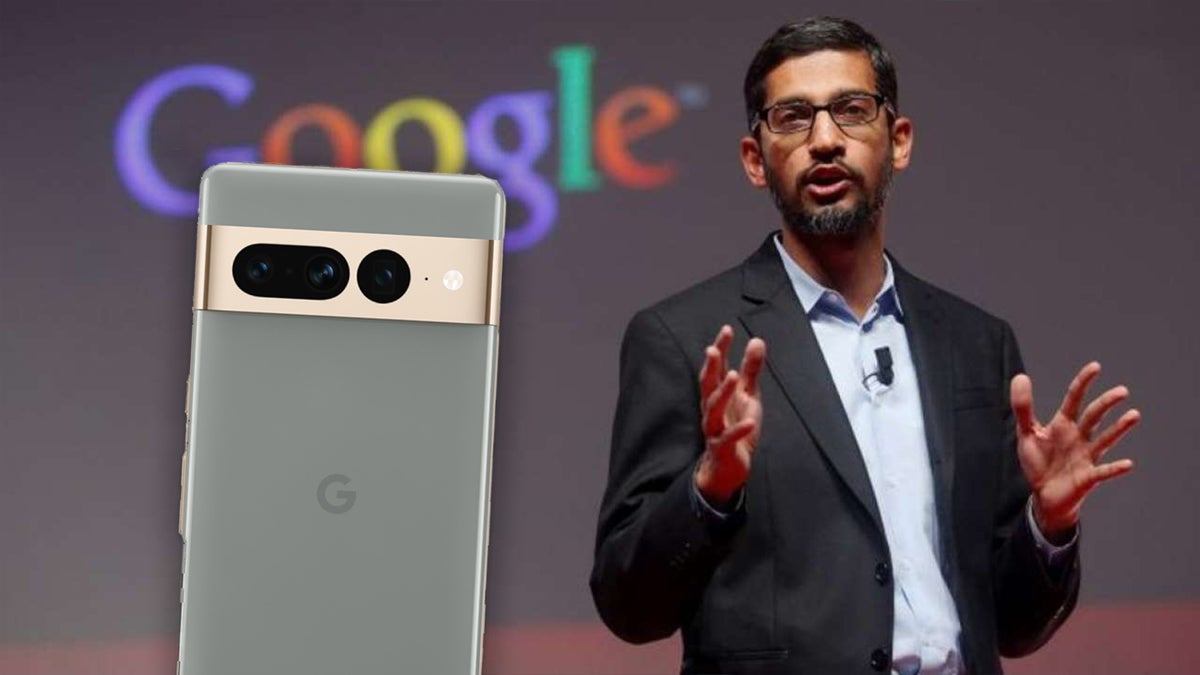
Intro
For years, the Android platform was synonymous with customization. You want a phone that you could fully customize? An Android phone would be the better fit. First to support widgets, first with live wallpapers, first with lock screen customization, an always-on display option, the list went on and on. This combined with the open ecosystem won Android a reputation for being the more robust system to some people.
And then on the other side you had Apple and the iPhone, which were the total opposite. None of those features were present there and the iPhone seemed forever stuck with the label of a closed ecosystem and lack of customization. Apple was the restrictive tyrant and Google was the land of the free.
However, in the past few years, slowly but surely things have started to change. Some of the features that Android was known to pioneer arrived to the iPhone, while on Android they were left out or abandoned completely. Apple had made a few staples of customization not only available on iOS, but much easier to set up and actually used by millions of people.
So let me break down a few examples that have stood out to me, but first let me preface this by saying that I'm writing this article in hoping that Google starts taking Android a bit more seriously. In the past few years, the Android platform has received very few meaningful updates and on top of that, it has a persistent problem with push notifications that are being restricted by many phone makers.
Customization woes
Lock screen widgets are a no-show on Android
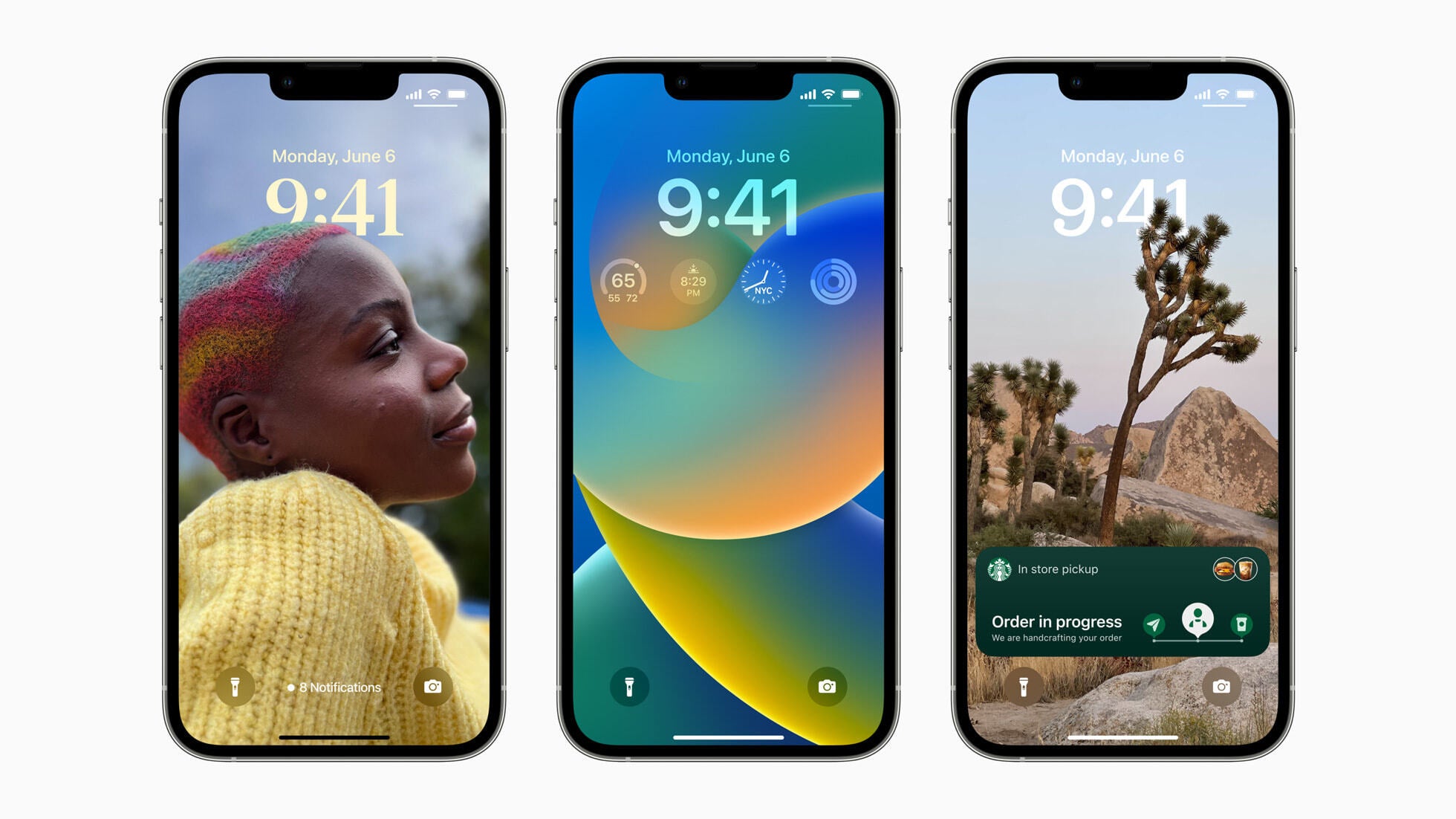
Lock screen widgets on iOS 16 have proven very useful and Android has no answer
Lock screen widgets! Why are they so important? Well, simple: they are not a complete game-changer, but they can be useful to absolutely everyone! Not everyone needs to have a custom home screen with crazy icons, but I imagine that pretty much everyone wants to be able to see the weather on their lock screen.
Lock screen widgets were the big new feature in iOS 16, unveiled nearly half a year ago and launched in October. Since then, we have heard nothing but radio silence from Google and Android phone makers. Pixel phones do not support lock screen widgets at all.
One exception here is Samsung, which has quickly rolled out what looks like a bad copy of iOS 16 a few months after its release. Theoretically, Samsung supports lock screen widgets. Realistically, to even see those widgets, you have to tap on the clock, which kind of defeats the purpose of having them in the first place. The whole idea of lock screen widgets is for them to be effortless, raise your phone to see the widgets, place it back down, no need to actually interact with it.
Similar story with the new Live Activities widget in iOS 16, a useful feature that is once again left without an answer on Android.
Now of course, Android still has some customization advantages! For starters, you can freely move the icons on your home screen! Apple has stubbornly refused to enable such an option for its iPhones, and that feels frustratingly backwards.
And yes, you can still get some very cool looks on Android that you cannot achieve on iPhone. On Android, it's easy to download a custom launcher, change the icon pack, add a few fancy widgets, and you get a unique look that can be completely different from the default one, while iOS is still a bit limited in this regard (but you can now easily change icons and completely transform the look of your iPhone with just an app and a few clicks).
The big problem with notifications
Xiaomi, OnePlus and others restrict notifications so that you can never be sure if you will get them on time
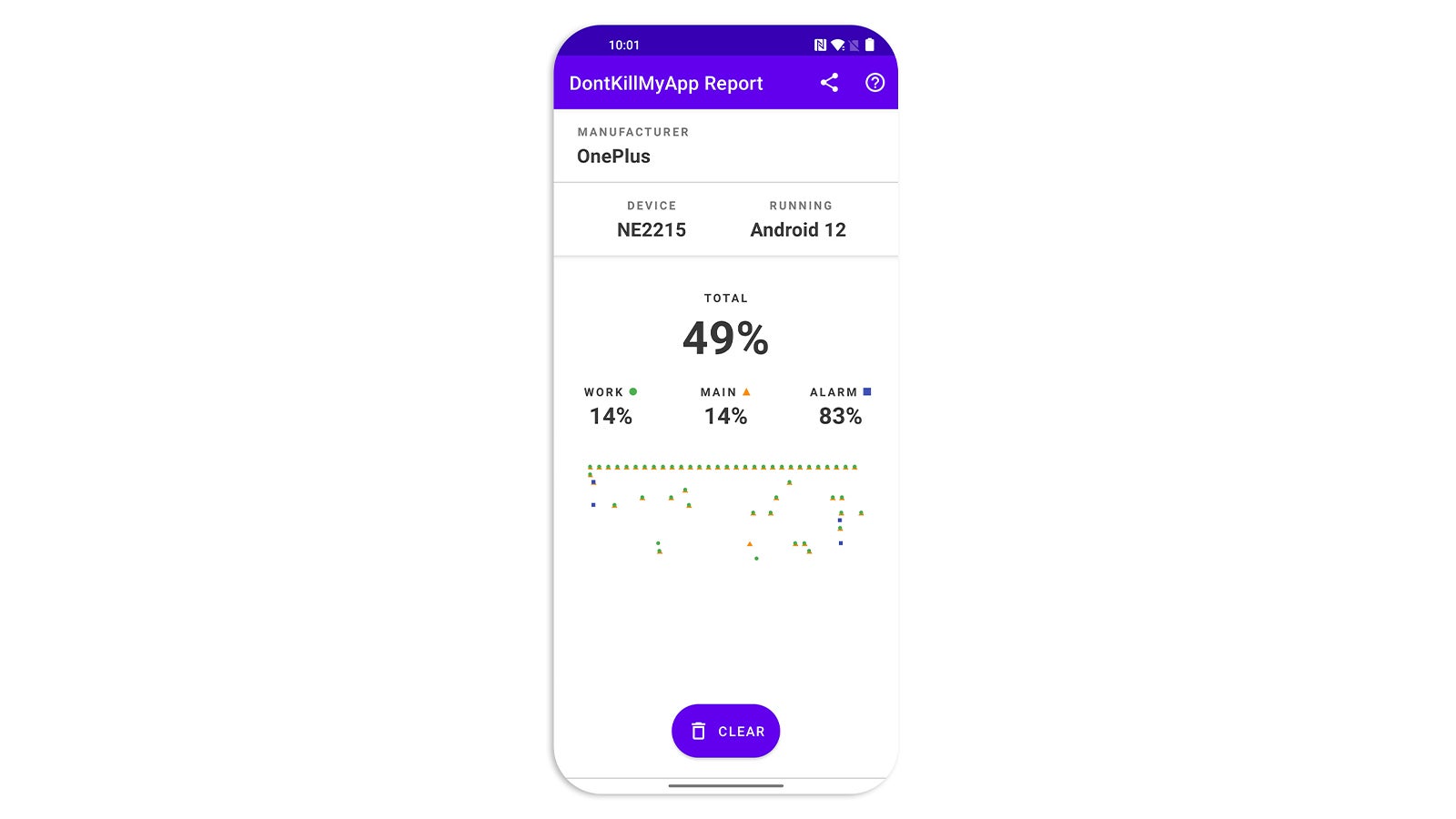
(Image Credit - ArsTechnica, Ron Amadeo) Many Android phone makers aggressively kill apps in the background
The other area where I feel that the Android platform has failed to safeguard its users from bad system behavior is notifications.
Notifications on Android still to this date remain the Wild Wild West! Will your Android phone deliver notifications on time? If you have a Google Pixel, the answer is yes. If you have any other phone, the answer varies from "it depends" to "how the heck do I fix this?!"
The situation is completely out of control and phone makers like Xiaomi and OnePlus are just two of the bigger companies that fail the "Don't Kill My App" test. These companies have implemented aggressive measures that kill apps running in the background, which means you don't get notifications from those apps in real time, but only do when you unlock your phone. This makes it easy to miss an important message or an email.
There are some tools in the interface on some of these phones to "lock" apps, but those tools don't seem to actually work.
This is one issue that we should not be having in 2022 and probably one area where Google can exert some control and require phone makers to give users a quick switch to disable all those "power saving" features.
Android universal search
It's broken at its best and doesn't exist at all at its worst
The universal search feature on Android is one thing that you would think a search company would get right.
Yet right now system search on Android is not only messy, it's confusing.
First and foremost, do Android phones even have universal search? Most Android phones have some form of a Google search built in. Swipe from the right or left bottom edge on most Android phones, and the Google Assistant starts. A longer swipe on some phones brings a search screen. Is that universal search? Nope, it's just a Google search.
Then you have a search bar in the app drawer. Is that universal search? On some phones like Samsung Galaxy devices it can, but on others like Xiaomi phones it is not.
This makes simple searches way harder on Android. On an iPhone, I can easily type "Keyboard" and by the third letter a suggestion to jump directly to the Keyboard Settings appear, which is exactly what is the expected behavior. A search for the term "keyboard" even in the settings app returns several results with confusing names which are hard to digest even for a smartphone veteran like myself.
The way forward
While all of these bits and pieces of the Android ecosystem are not deal-breakers alone, together they show how Google has neglected improving important sections of its platform. This has become even more apparent as Apple is adding long-missing features and filling the gaps.
At the end of the day, my hope with this article is that it is a small push towards a brighter future for Android. Let's hope that Android 14 introduces something a lot more substantial than the usual security fixes.
Follow us on Google News

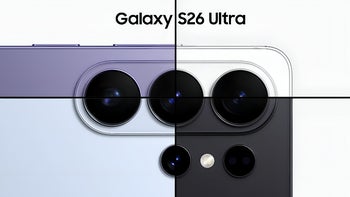
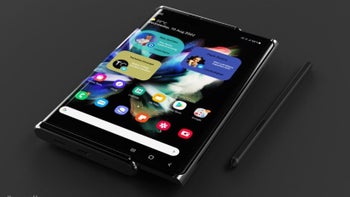

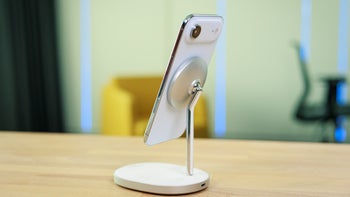
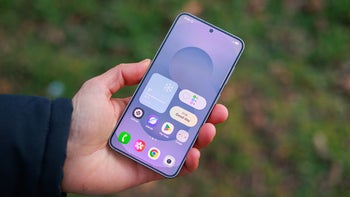

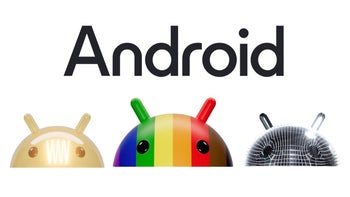
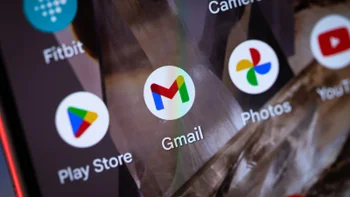
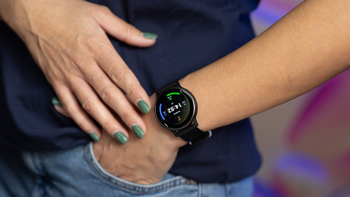
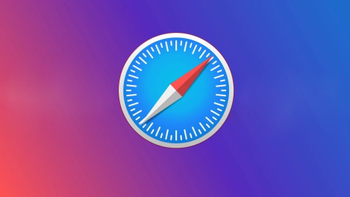
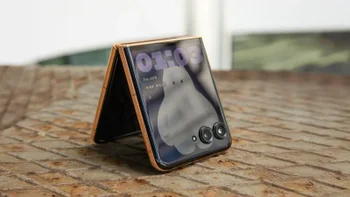
Things that are NOT allowed:
To help keep our community safe and free from spam, we apply temporary limits to newly created accounts: